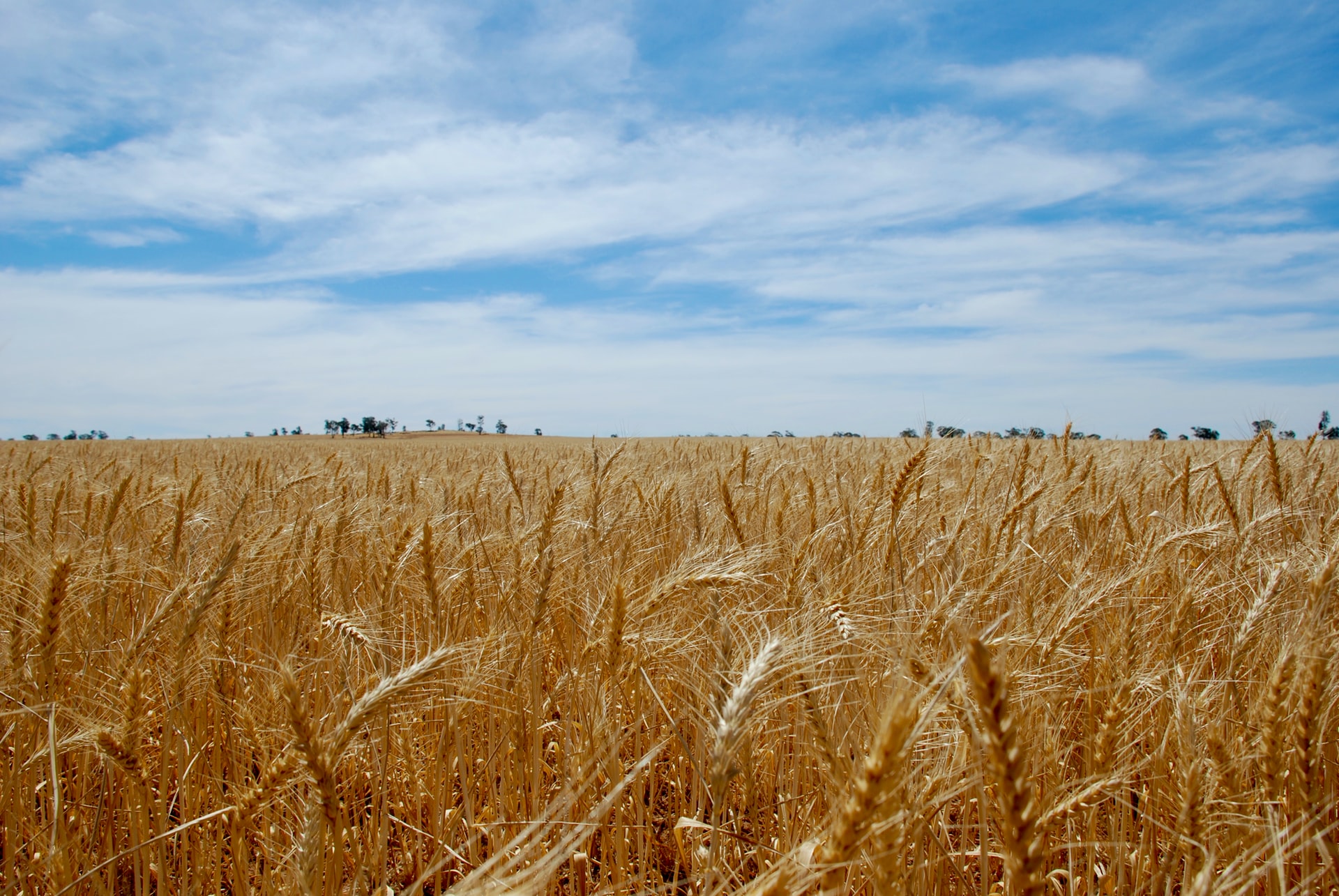Ukraine fears for grain harvest. Wsj report

The Russian invasion exacerbates the disruption to agricultural exports, prompting some farmers to switch to other crops. The deepening of the WSJ
Ukraine expects its farmers to harvest up to 15 percent less grain this year than last year, showing how war is further hampering one of the world's largest agricultural exporters, writes The Wall Street Journal .
With the Russian invasion continuing to interfere with exports, some farmers have switched to crops that are easier to smuggle out of the country, such as sunflower seeds and soybeans, Mykola Solskyi, Ukraine's minister of land policy, said in an interview. and food.
The war severely constrained Ukraine's globally important agricultural industry throughout the past year, contributing to soaring food prices, and Kiev expects the disruptions to continue.
Russia on Monday threatened to withdraw from a deal that allows Ukraine to ship agricultural products across the Black Sea from three ports around Odessa sooner than expected. Both countries had agreed to extend the pact, backed by the United Nations, on Friday.
In a difficult and uncertain export environment, Solskyi said farmers have chosen to switch to crops that yield fewer tonnes per hectare. This means that farmers have less to export in terms of quantity and weight. To avoid dependence on Black Sea ports, Ukraine has moved to export more goods across land borders, although it is more expensive and time consuming.
“Logistical problems are less because there is less to export,” Solskyi said.
In Ukraine, corn typically produces 7 metric tons per hectare and wheat about 4 tons, but sunflowers and soybeans both produce 2.3 metric tons per hectare, according to Mike Lee, owner of Green Square Agro Consulting, a forecasting firm of crops specializing in the Black Sea region.
Corn also uses more fertilizer and energy than other crops, and both are in short supply.
The shift among farmers means that, given normal weather, production of maize, wheat and other grains is projected to be 10% to 15% lower in 2023 than last year, Solskyi said.
Ukraine's grain harvest last season was 53 million tons, a 20 percent reduction from the average over the past five years, according to the Ministry of Agriculture and Food. The combined crop of all grains, sunflower seeds and soybeans was 63 million tons, a 52 percent decline from the previous year's production.
Ukraine's grain exports had increased late last year to pre-war levels, thanks in part to its Black Sea export deal with Russia. The two countries agreed on Friday to extend the deal, which was scheduled to expire over the weekend.
Russia's foreign ministry said on Monday it would suspend its participation in the May 18 wheat deal if no progress is made in easing obstacles to its food exports, stemming from sanctions imposed on Moscow in response to the invasion.
Ukraine had announced a 120-day extension, the standard period under the deal first signed last year, but Russia said the deal was only extended for 60 days.
“The agreement included a 120-day extension,” Solskyi said. "These terms have been approved by all parties that signed the agreement."
The text of the agreement provides that it can be renewed automatically every 120 days, unless one of the parties activates an exit clause.
Russia, which has threatened to withdraw from the deal in the past, has said it wants to see progress in reconnecting Rosselkhozbank, Russia's state-owned agricultural bank, to the Swift global financial messaging system, resuming supplies of agricultural machinery and in the rehabilitation of a pipeline carrying ammonia, often used as a fertilizer, from Russia through Ukraine, among other requests.
"Without progress in implementing these demands, which are by no means new and should be resolved within the framework of the Russia-UN Memorandum, our participation in the Black Sea Initiative will be suspended," the foreign ministry said.
If initially the war raised the cost of wheat, later the prices decreased. Prices have come down so far this year partly due to large grain harvests in Russia and Australia.
A decline of up to 15% in the cereal crop and an increase in sunflower and soybean production could affect prices again.
Less corn would be costly for Chinese and European buyers who depend on the Ukrainian crop, said Masha Belikova, a grain analyst at price intelligence firm Fastmarkets. Given that Ukraine exports up to 70 percent of the world's sunflower oil, he said, any changes in this crop would have an impact.
(Excerpt from the foreign press review by eprcomunicazione )
This is a machine translation from Italian language of a post published on Start Magazine at the URL https://www.startmag.it/economia/ucraina-teme-per-il-raccolto-di-grano-report-wsj/ on Sat, 25 Mar 2023 06:37:36 +0000.
